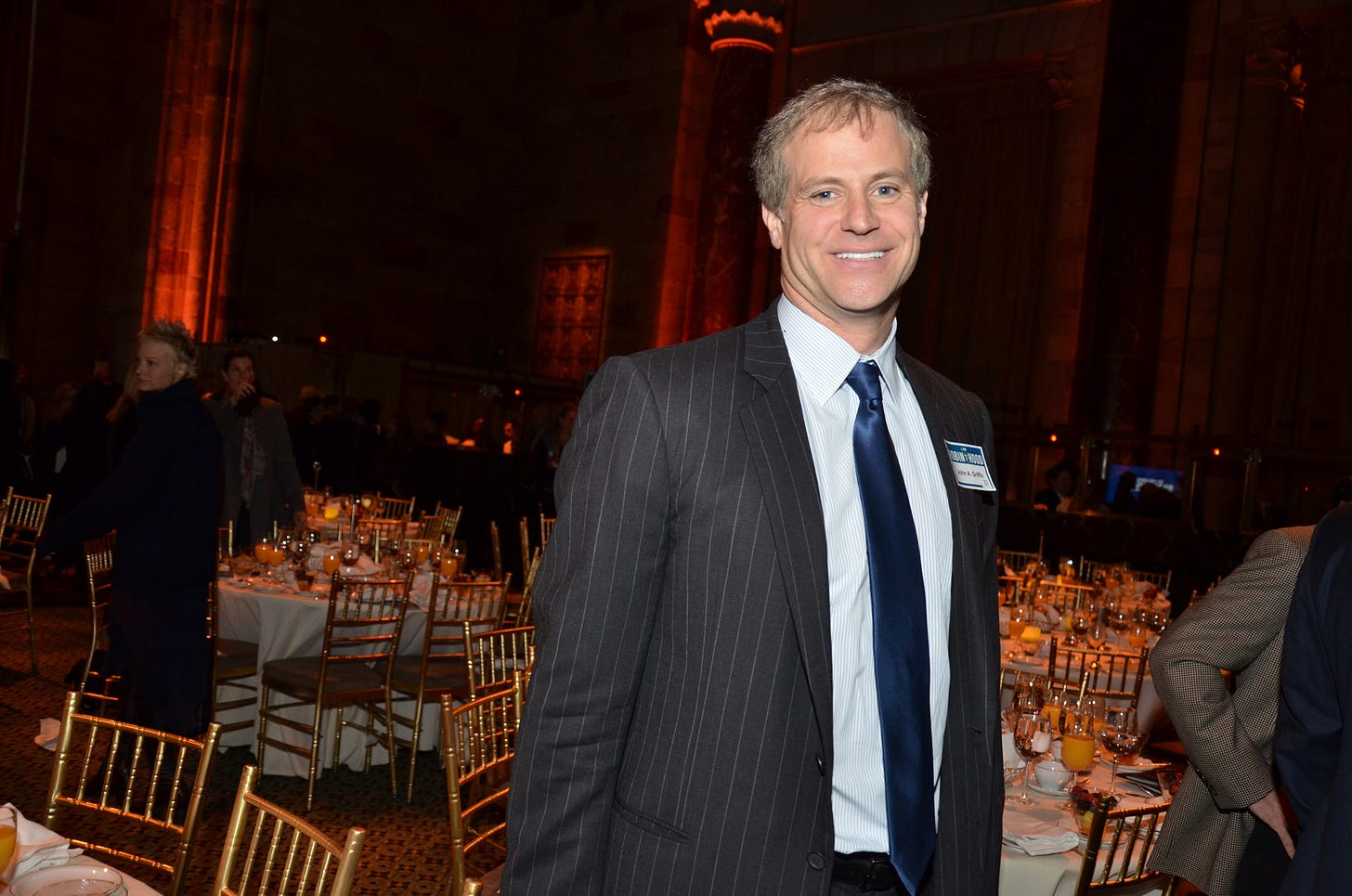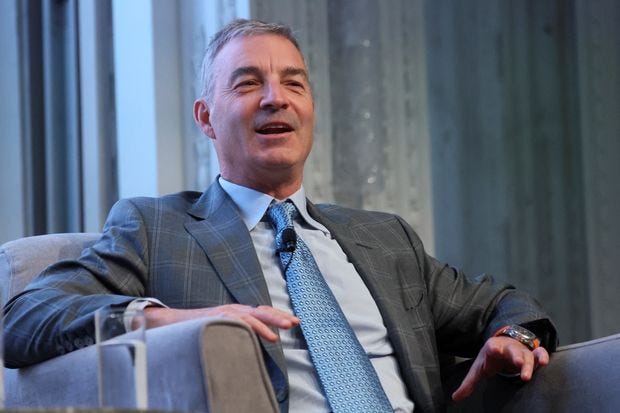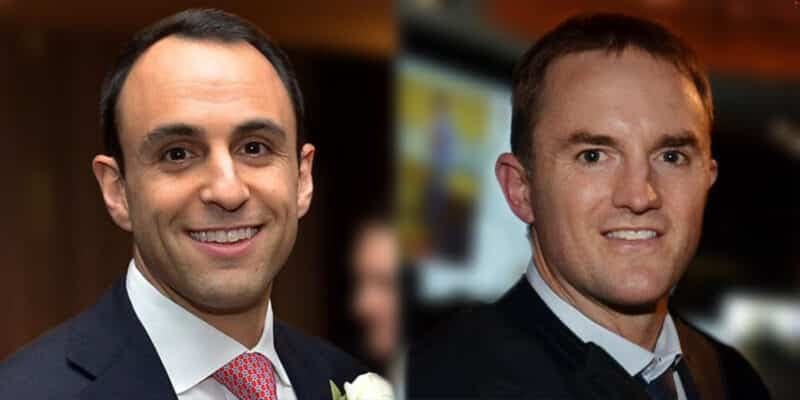Why Do Hedge Funds Fail?
Key reasons behind hedge fund closures
Hedge funds fail all the time, yet they often slip beneath the radar of public awareness. It's only the colossal failures that grab the headlines. This is precisely the reason why deeply understanding what you are signing up for is paramount in building a long-term career in public equity investing.
With the recent demise of Weiss Multi-Strategy Advisors, a 46-year-old hedge fund, let's delve into the myriad of reasons why hedge funds fail.
Disengaged Founder
Hedge funds inherently bear key man risk, often stemming from their origins with a famed founder. Typically, these ventures are launched by individuals already endowed with wealth, driven by the allure of freedom in building a portfolio according to their investment style and the desire to continue playing the game they excel at. However, this very individual can also become a ticking time bomb for the fund.
Should they perceive their strategy as ineffective in the evolving market landscape (a topic we'll explore shortly), or find themselves entangled in personal obligations such as a turbulent divorce or health issues, they may opt to shutter the startup. This decision spells doom for all employees who took the leap of faith into the venture.
As the funds return external investments, pen farewell letters to clients, and transition into family offices, the employees have to scramble to find new avenues to leverage their skills and generate value for fee-generating client capital.
One such case is that of Blue Ridge, founded by John Griffin, a protégé of Julian Robertson at Tiger Management who founded the first-generation Tiger Cub hedge fund.
Succession failure
Succession in hedge funds often is a challenge, as passing the baton from a legendary figure is no easy feat. Despite years of learning from these icons through osmosis, senior team members are unable to fill the shoes of their predecessors. Consequently, what was once a consistent alpha-generating powerhouse becomes institutionalized, churning out average returns and relying more on brand recognition than a stellar track record to maintain viability.
Even more dire are the outcomes when the legendary founder delegates to the wrong individuals, resulting in failure. Topically, we have a live case study with the highly publicized bankruptcy of Weiss Multi-Strategy Advisors. Reports suggest that CIO Jordi Visser was too distracted and established flawed incentive structures, leading to the abrupt demise of a firm with a 46-year history.
Similarly, issues at Tiger Global have been attributed to the founder placing trust in the wrong second-in-command, fostering a toxic firm culture and disregard for risk across both public and private strategies.
Among the first-generation Tiger Cub hedge funds, a few have implemented succession:
Lone Pine: Stephen Mandel has delegated his investing responsibilities to co-CIOs David Cravar and Kelly Granat.
Maverick Capital: Lee Ainslie has similarly passed responsibilities to co-CIOs Ben Silver and David Tycocinski.
Viking Global: Andreas Halvorsen, who hasn't actively managed money for a long time, instituted the CIO role, with many former CIOs and employees starting their own hedge funds. Just recently, Ning Jin, the current public strategy CIO, has reportedly decided to start his own fund.
Coatue: For now, the Laffont brothers continue to steer the ship, while junior members come and go, but that can change any day. On June 5, 2024, it’s reported that Daniel Senft, the head of publics is leaving to start his own firm.
** WE NO LONGER SELL VIA SUBSTACK, this is our legacy archive, available to legacy Substack paid members **: For the full archive and new paid content, please visit my website.




